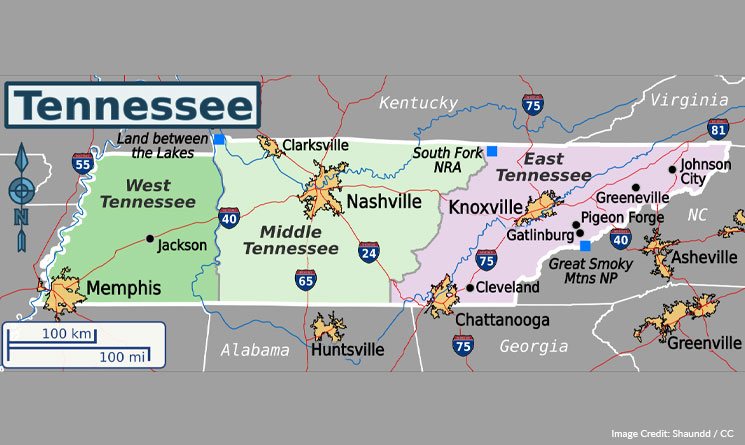The Center Square [By Jon Styf] –
Tennessee has the second-lowest overall tax burden in the U.S., according to a new ranking from personal finance website WalletHub.
Tennessee, which has no personal income tax, ranked below only Alaska and ranked ahead of Delaware, Wyoming, New Hampshire and Florida for having the lowest tax burden.
New York, Hawaii, Maine, Vermont, Minnesota and New Jersey had the highest tax burdens.
*** Click Here to Support Conservative Journalism in Tennessee. We can’t bring your articles like this without your support!***
The study looked at property tax as a share of personal income, individual income tax and total sales and excise tax based on data from the Tax Policy Center.
“Unlike tax rates, which vary widely based on an individual’s circumstances, tax burden measures the proportion of total personal income that residents pay toward state and local taxes,” the report said.
Despite the low tax burden, Tennessee has collected $2.1 billion more in taxes and fees in the first seven months of the fiscal year than budgeted.
Tennessee’s total tax burden was 5.75% of personal income with a 1.71% average property tax burden, 0.06% income tax and 3.98% total sales and excise tax.
Alaska had an overall 5.06% tax burden, while Delaware (6.22%), Wyoming (6.32%), New Hampshire (6.41%) and Florida (6.64%) were the other states below an overall 7% rate.
New York was highest at 12.75% with Hawaii next at 12.7%.
The study asked tax experts how those taxes could contribute to economic growth of a state. Associate Director of the University of Tennessee’s Boyd Center for Business and Economic Research Donald Bruce said the effectiveness really depends on the use of tax funds.
“Some states raise more revenue in taxes, but use that revenue to provide a menu of public services that can contribute in meaningful ways to economic growth,” Bruce said. “Examples are infrastructure projects and investments in human capital via public schools and universities and job-training programs. The right balance comes in raising the amount of revenue to provide the desired public services without having a tax burden that is high enough to cause some taxpayers to leave the area.”

About the Author: Jon Styf, The Center Square Staff Reporter – Jon Styf is an award-winning editor and reporter who has worked in Illinois, Texas, Wisconsin, Florida and Michigan in local newsrooms over the past 20 years, working for Shaw Media, Hearst and several other companies. Follow Jon on Twitter @JonStyf.





